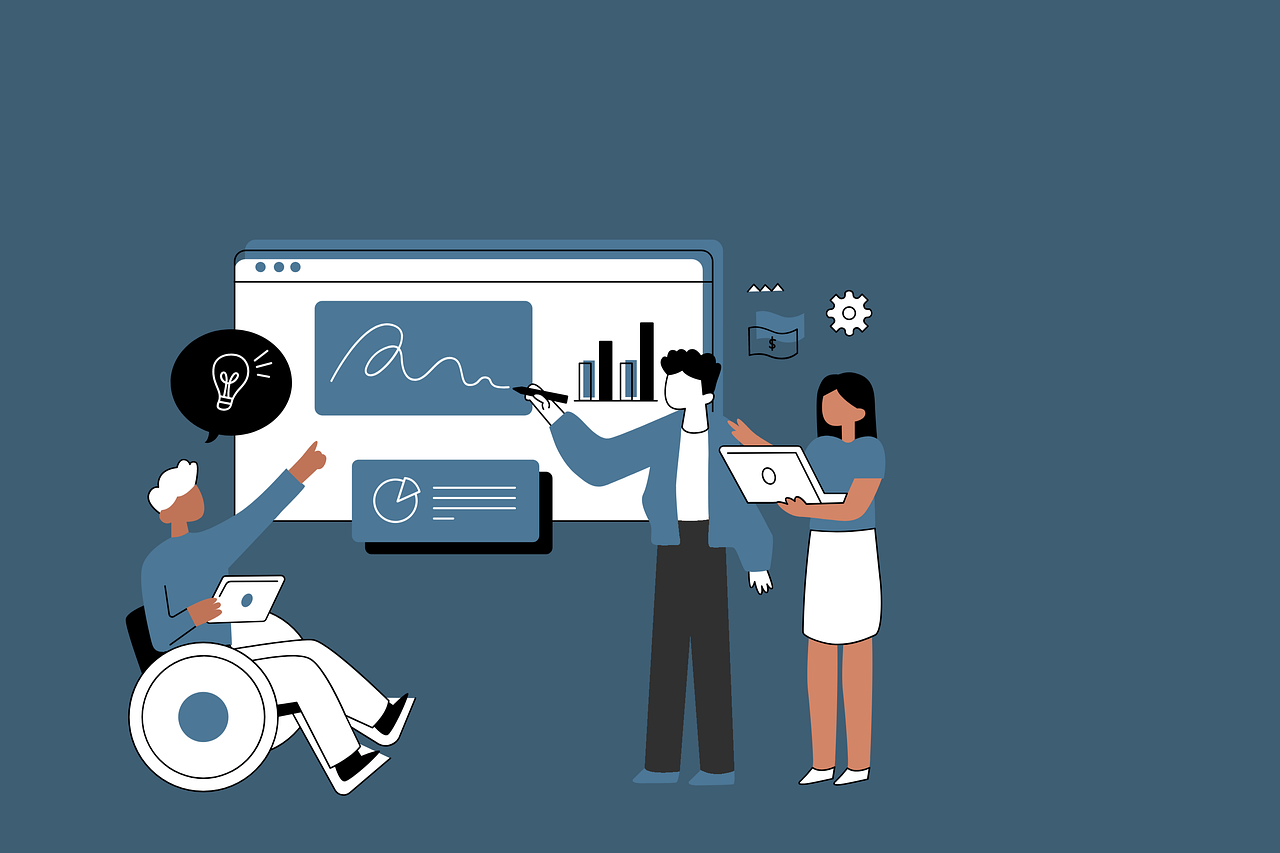AI Advances: Overcoming Peak Data with New Techniques

Brief news summary
The AI industry is experiencing a "peak data" issue as the availability of internet data for training models declines. OpenAI’s Ilya Sutskever emphasizes the need to address this problem, given the significant investments in AI. A promising solution is inference-time compute, which breaks tasks into smaller steps during inference, improving model outputs and generating new training data for self-enhancement. OpenAI's o1 model introduced this technique, now adopted by companies like Google and DeepSeek. Research from Google DeepMind suggests that inference-time compute could mitigate data shortages and enhance large language models. Researcher Charlie Snell notes its ability to produce high-quality synthetic data, potentially substituting traditional data sources. Microsoft CEO Satya Nadella describes it as a new scaling law for AI, with significant experimentation anticipated by 2025. Although challenges remain, particularly in output generation for open-ended tasks, Snell remains optimistic. There are rumors that DeepSeek's V3 model used outputs from OpenAI’s o1 to achieve success. The rapid adoption of inference-time compute highlights its potential to propel AI forward despite current data limitations.The AI industry may have reached "peak data, " according to OpenAI cofounder Ilya Sutskever, signaling a potential slowdown in AI advancements due to the depletion of useful data from the internet. This could impact the future growth of AI models, which rely heavily on pre-training with abundant data. Despite this, many AI experts are exploring ways to circumvent this issue. One promising approach is the "test-time" or "inference-time compute" technique, which improves AI's reasoning capabilities by breaking down complex queries into smaller tasks and processing each separately before progressing. This method allows AI models to generate higher-quality outputs, especially in tasks with clear-cut answers like math problems. The outputs from these reasoning models could become new training data, forming an iterative loop for model improvement.
This concept was backed by research from Google DeepMind, which envisions these outputs enhancing large language models (LLMs) even after hitting the peak-data wall. OpenAI and similar AI labs have begun deploying models employing this technique, such as OpenAI's "o1, " which shows superior performance in certain benchmarks. Microsoft CEO Satya Nadella has referred to this strategy as an essential scaling law for advancing AI models, as it provides a way to circumvent data limitations by feeding model outputs back into training processes. The effectiveness of test-time compute will be more thoroughly evaluated by 2025. While researchers like Charlie Snell are hopeful, they acknowledge challenges in generalizing the technique to tasks without definitive answers, such as essay writing. Nonetheless, there's optimism that synthetic data generated through this method could surpass existing internet data quality, potentially aiding in training future AI models. Already, some speculations suggest that companies like DeepSeek have used outputs from OpenAI's o1 to enhance their models, such as their latest "DeepSeek V3. " As the industry navigates these strategies, the potential to use test-time compute to overcome data limitations is cautiously promising but still under exploration.
Watch video about
AI Advances: Overcoming Peak Data with New Techniques
Try our premium solution and start getting clients — at no cost to you

I'm your Content Creator.
Let’s make a post or video and publish it on any social media — ready?
Hot news

Pollo AI's News Video Generator Creates Professio…
Pollo AI has launched an innovative AI News Video Generator that is set to revolutionize the creation and distribution of news content.

DTC SEO Agency Expands Ecommerce Search Offering …
AUSTIN, Texas, Jan.

2 AI Stocks to Buy Before They Soar to $20 Trilli…
Wall Street forecasts that Nvidia's adjusted earnings will grow by 38% annually over the next three years, making its current valuation of 46 times earnings appear quite reasonable.

Artisan AI Raises $25M to Develop Autonomous AI E…
Artisan AI, a prominent software company based in San Francisco, has secured $25 million in a Series A funding round led by notable venture capital firms Y Combinator and HubSpot Ventures, reflecting strong confidence in its innovative technology.

OpenAI Expands AI Infrastructure with New Data Ce…
In December 2025, OpenAI revealed a major expansion of its ambitious 'Stargate' project, achieving a significant milestone in advancing AI infrastructure.

Enhancing Intent Detection with AI Keyword Resear…
Search in 2026 hinges as much on interpreting what users “mean” as on what they literally “type.” AI-driven keyword research has evolved from a preliminary step into the central framework through which teams analyze demand, define topics, and prioritize page investments.

IBM's Watson Health Partners with Hospitals to Im…
IBM’s Watson Health has recently announced major advancements through partnerships with several leading hospitals to integrate AI-driven diagnostic tools into clinical settings.
AI Company
Launch your AI-powered team to automate Marketing, Sales & Growth

and get clients on autopilot — from social media and search engines. No ads needed
Begin getting your first leads today








